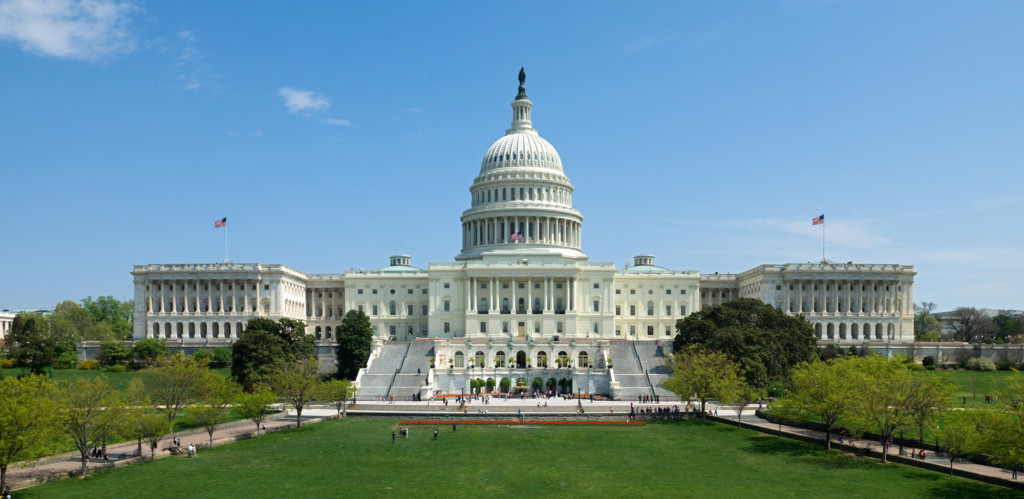Introduction
On this episode of Business Insanity Talk Radio, we first discuss the business history of the United States and the changing relationship between small business, larger business, and government. Then, we talk to the founder of the Network for Teaching Entrepreneurship (NFTE), a program founded 30 years ago to bring entrepreneurship education to low-income youth. Plus, we’ll show you why Amazon is an excellent place for small business owners to sell their products. We’ll also show you how to create a brand that stands out from the rest in today’s crowded digital landscape. Finally, a lot of bad decisions around money are actually due to human nature; we’ll show you how to combat these instincts to improve your financial decisions.
Listen
Segment 1: Benjamin Waterhouse is a historian of business, politics, and capitalism in the United States. He is currently Associate Professor of History at the University of North Carolina at Chapel Hill. In 2009, he earned a PhD in American History from Harvard University. He is the author, most recently, of “The Land of Enterprise: A Business History of the United States”.
1:30 – Small businesses today are more likely to see government as their enemy and larger businesses as allies, but historically it was the opposite. Why is this?
5:00 – What are President Trump’s policies towards small and large businesses?
7:30 – The history of healthcare policies in the United States and its impact on small business.
8:45 – What can small businesses do to get their voices heard in the political system?
Segment 2: Steve Mariotti left a successful business career in 1982 to become a public high school teacher in New York City’s roughest neighborhoods. He discovered he could reach even his most troubled students by teaching them to run small businesses. In 1987, he founded the Network for Teaching Entrepreneurship (NFTE) to bring entrepreneurship education to low-income youth. NFTE has worked with over 600,000 young people from low-income communities, and has programs in 17 U.S. communities and 10 countries.
15:30 – Why leave a great career to become a public school teacher?
16:45 – What made you think high school students could benefit from starting businesses?
18:30 – Why do at-risk youth have an aptitude for and benefit from entrepreneurship?
21:15 – What types of businesses do the youth start?
Segment 3: Kristin Rae is a small business owner, designer and entrepreneur. She sells several brands exclusively through Amazon (Exclusives). Over the last few years, she has been able to keep her operation small by outsourcing key operations to Amazon, which gives her business the opportunity to grow and expand.
31:30 – Why is Amazon Marketplace a good option for small business sellers over other ecommerce platforms?
33:30 – The benefits of selling on Amazon, including Fulfilment by Amazon (FBA).
36:00 – What does the return on investment look like?
Segment 4: Kraig Kleeman is the one of the World’s Greatest Cold Callers and a world-leading expert on sales process, sales transformation, and professional motivation. He developed The Must-React System, from which certified and trained sellers completed one million outreaches, scheduled 252,000 meetings and generated more than $400 million in net revenue.
40:45 – What is the Must-React System and why is it so successful as a sales process?
42:30 – A Winning Brand, Kraig’s newest international, best-selling book on how to create a brand that stands out from the rest in today’s crowded digital landscape.
43:45 – What is the key to having a winning brand?
Segment 5: John Howe, PhD, CFA®, is chair of the Department of Finance at the University of Missouri, where he has taught finance for more than two decades and has received awards for excellence in teaching. John has also taught at the University of Cambridge and has trained investment professionals in Zurich at one of Switzerland’s largest banks.
49:45 – Why does human nature get in the way of good financial decisions?
50:15 – Specific cognitive biases have been reliably identified by researchers.
51:00 – Specific actions can be taken to counteract these biases.



